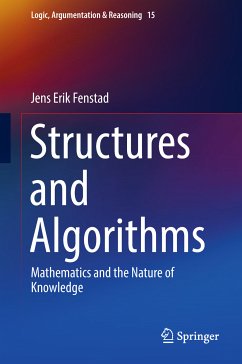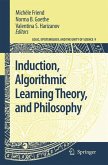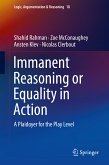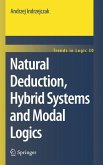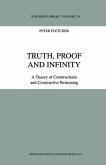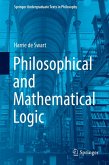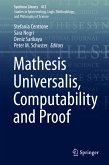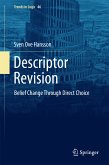Offers insights into the general nature of human knowledge
Includes structures and algorithms, which are essential tools for understanding what we see and how we can make use of what we see
Uses a proper understanding of mathematics to serve as the link between understanding what we see and making use of it
Dieser Download kann aus rechtlichen Gründen nur mit Rechnungsadresse in A, B, BG, CY, CZ, D, DK, EW, E, FIN, F, GR, HR, H, IRL, I, LT, L, LR, M, NL, PL, P, R, S, SLO, SK ausgeliefert werden.

